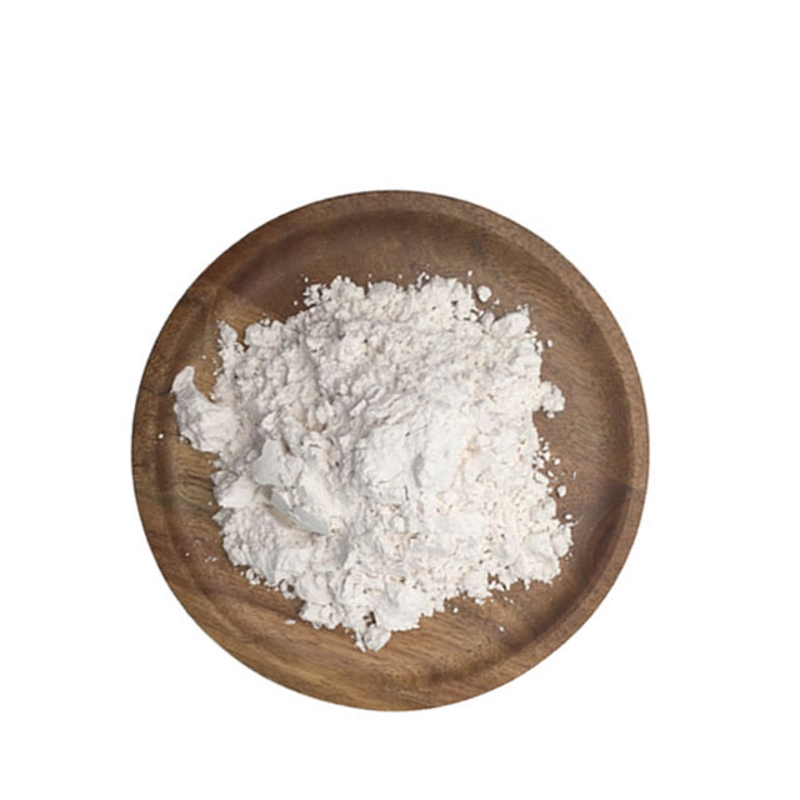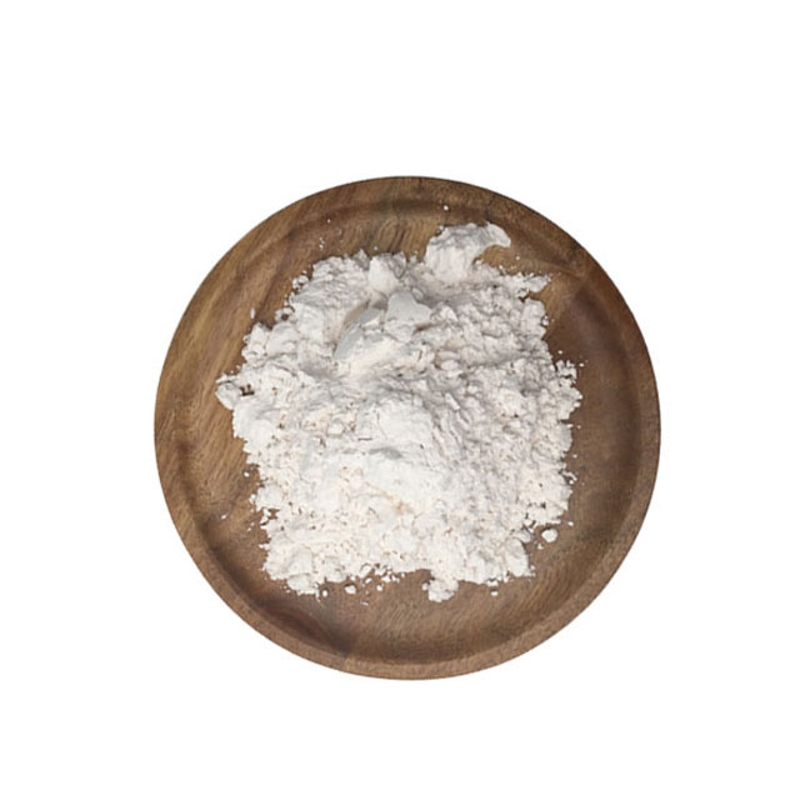-
Categories
-
Pharmaceutical Intermediates
-
Active Pharmaceutical Ingredients
-
Food Additives
- Industrial Coatings
- Agrochemicals
- Dyes and Pigments
- Surfactant
- Flavors and Fragrances
- Chemical Reagents
- Catalyst and Auxiliary
- Natural Products
- Inorganic Chemistry
-
Organic Chemistry
-
Biochemical Engineering
- Analytical Chemistry
- Cosmetic Ingredient
-
Pharmaceutical Intermediates
Promotion
ECHEMI Mall
Wholesale
Weekly Price
Exhibition
News
-
Trade Service
One of the most common and direct consequences of traumatic brain injury (TBI) is sleep problems, which greatly affects the patient's quality of life and recovery process.
In a retrospective study of 116 soldiers returning from combat with mild to moderate TBI, almost all (97.
4%) reported sleep disorders, such as excessive insomnia and sleep fragmentation.
).
It is worth noting that almost all previous studies on TBI and sleep focused on self-feedback of sleep shortly after the occurrence of TBI, and many studies did not have a control group for comparison.
In addition, few studies have examined the association between TBI and clinically diagnosed sleep disorders, such as insomnia, excessive sleep, and sleep apnea.
Although it has been speculated that TBI may cause permanent damage to sleep-related brain regions, leading to long-term sleep disorders, there is very limited evidence on the longitudinal association between TBI and the development of sleep disorders after many years of injury.
It is also unclear whether TBI of different severity has different effects on sleep, and whether TBI has a more direct or latent effect on sleep disorders.
It is worth noting that sleep disorders can affect the recovery of TBI patients and further lead to negative cognitive and functional consequences.
Understanding the long-term risks of different sleep disorders is essential for developing targeted prevention and management strategies.
Understanding the long-term risks of different sleep disorders is essential for developing targeted prevention and management strategies.
Preventive management
Military veterans with TBI often have combined mental illness, but little is known about the association between TBI and the risk of clinical sleep disorders in this population.
In particular, combined TBI and post-traumatic stress disorder (PTSD) are common and may further aggravate sleep disorders.
However, little is known about the association between how PTSD affects TBI and the risk of subsequent sleep disorders.
In this way, Yue Leng and others of the University of California, San Francisco, based on national health data of veterans in the United States, explored the relationship between TBI and the long-term risk of emerging sleep disorders.
In addition, the association between different severity of TBI and different length of follow-up was also explored, and whether this association is different due to the presence of post-traumatic stress disorder.
They conducted a cohort study on all patients who were diagnosed with TBI in the Veterans Health Management System from October 1, 2001 to September 30, 2015, and conducted a 1:1 ratio of them with veterans without TBI.
Age matching.
Veterans with prevalent sleep disorders at baseline were excluded.
The development of sleep disorders is defined as: sleep apnea, excessive sleep, insomnia, or sleep-related movement disorders.
And limit the scope of analysis to those patients who have been followed up for at least one year.
Finally, the Cox model was used to study the association between TBI and the risk of subsequent sleep disorders.
They included 98,709 veterans, including 98,709 veterans with TBI and 98,709 age-matched veterans (age 49 ± 20) without TBI.
After an average follow-up of 5 (1-14) years, 23,127 (19.
6%) veterans experienced sleep disorders.
After adjusting for demographics, education, income, medical and mental status, compared with people without TBI, people with TBI are 41% more likely to suffer from any sleep disorders, including sleep apnea, insomnia, and excessive Sleep, sleep-related movement disorders.
Compared with people without TBI, people with TBI are 41% more likely to suffer from any sleep disorders, including sleep apnea, insomnia, excessive sleep, and sleep-related movement disorders.
Mild TBI has a stronger correlation with whether there is post-traumatic stress disorder or not, and it still exists after 2 years.
The significance of this study is that it found that among 197,418 veterans without sleep disorders, those who were diagnosed with TBI had an increased risk of sleep disorders within 14 years.
Therefore, it is necessary to provide sleep problem prevention and long-term treatment for TBI veterans.
Management strategy.
Original source
neurology.
org/content/early/2021/03/03/WNL.
0000000000011656" target="_blank" rel="noopener">Traumatic Brain Injury and Incidence Risk of Sleep Disorders in Nearly 200,000 US Veterans
neurology.
org/content/early/2021/03/03/WNL.
neurology.
Leave a message here







